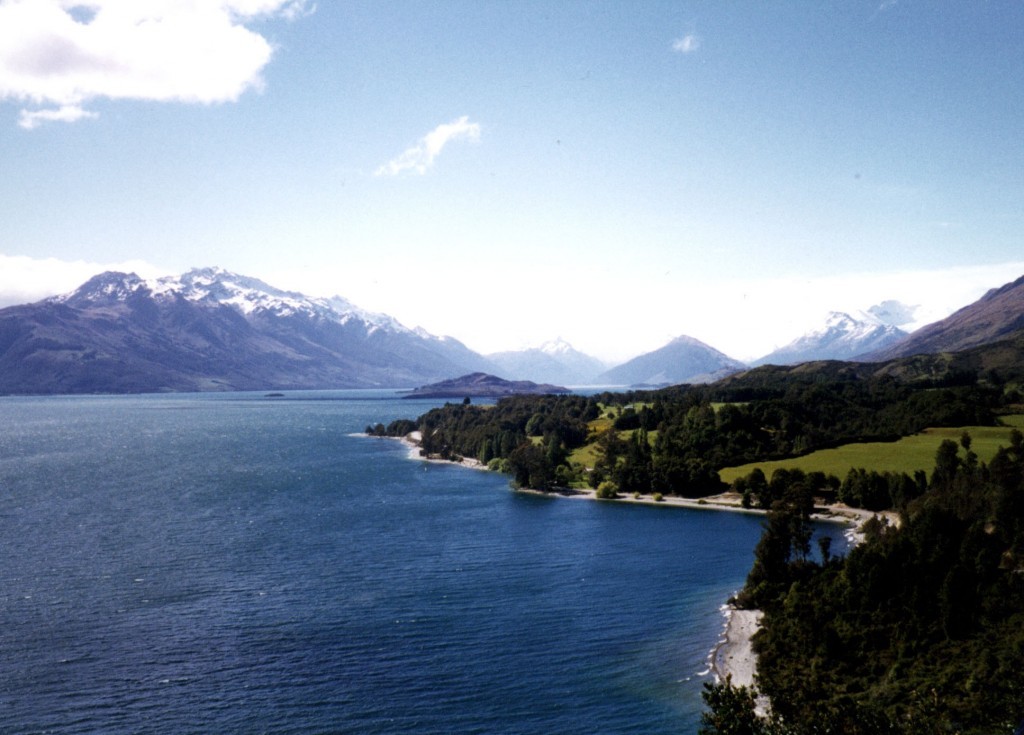
In 2019, OMV announced the intended divestment of its 69 % interest in the Maari field offshore New Zealand to Jadestone Energy (LON:JSE). After ongoing engagement with Jadestone Energy, a mutual decision has been made to no longer pursue the transaction, the pair said Thursday.
As reported in its 2022 Half-Year results statement on 20 September 2022, following legislative changes to New Zealand’s upstream regulatory framework at the end of 2021, Jadestone has been continually engaged with OMV New Zealand and the New Zealand Government to seek clarity on the processes, terms and associated timeline required to complete the Maari transaction. Due to a lack of progress on regulatory approval, and resultant uncertainty over the timing of this approval for the transfer of interest and operatorship of the Maari Project, Jadestone and OMV have now reluctantly reached a decision to terminate the transaction, noted Jadestone.
Paul Blakeley, CEO of Jadestone, said “whilst disappointing, we have been signalling that the lack of progress on Maari was an increasing concern and today, almost twelve months after the new legislation came into effect, there is still little to no clarity on what is required from Jadestone to receive the necessary government approval to complete the acquisition. Nearly three years after the acquisition was first announced, and with an upcoming license expiry in 2027, this leaves insufficient time to confidently invest in the asset and therefore, despite our best efforts, it is now time to move on. When balanced against the growing number of alternative inorganic growth opportunities elsewhere in the wider Asia-Pacific region, Jadestone cannot continue to spend time and resources on the Maari process, and we are firm in the belief that this decision is in the best interests of the Company.
At a time when energy security is at a premium, and with the pathway to a lower carbon economy becoming more complex, the IEA has highlighted the importance of new investment into currently producing oil and gas fields to ensure maximum recovery of discovered resources. The Maari Project represented an excellent example of this approach, where we had identified several significant investment opportunities as a result of large in-place reserves and a low recovery factor.
Unfortunately, the asset is now unlikely to see the type and scale of inward investment that had been planned by Jadestone. My thanks go to our team in New Zealand, who have worked tirelessly on the acquisition, transition planning and strategy for extending the life of the asset.
Elsewhere, Jadestone is making good progress on a number of fronts with several potential near-term positive catalysts. We now have a clearer path towards completing the repairs on the Montara Venture FPSO and we will provide a more detailed update on this soon. The Stag infill drilling programme is progressing well, with the first well now at the completion stage and the second well soon to reach the reservoir interval. The Akatara gas development remains on track and the Vietnam gas sales discussions with the end-user are making progress. The completion of the North West Shelf oil acquisition from BP is still expected this quarter, as is the acquisition of the remaining 10% interest in the Lemang PSC. Finally, there are a number of inorganic opportunities across the Asia-Pacific region which are under evaluation. Overall, the outlook for Jadestone remains positive and we are excited for the future.”
Recommended for you
